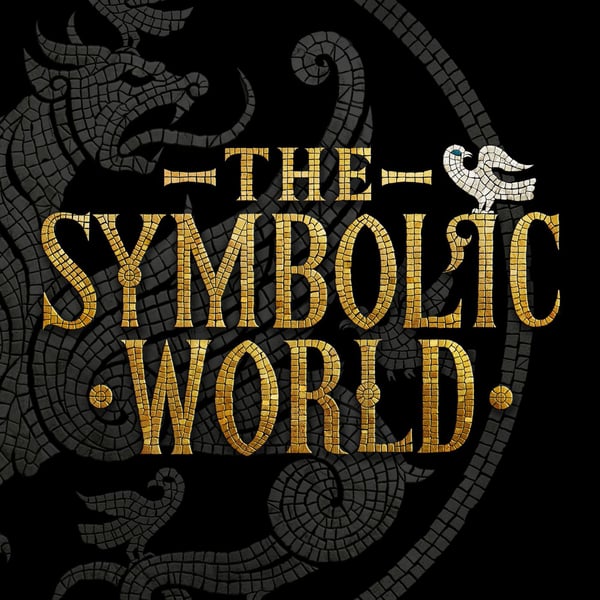171 - Eugene Vodolazkin - Laurus, a Glimpse Into the Medieval Mind
The Symbolic World
Jonathan Pageau
4.8 • 824 Ratings
🗓️ 15 August 2021
⏱️ 55 minutes
🧾️ Download transcript
Summary
Transcript
Click on a timestamp to play from that location
| 0:00.0 | This is Jonathan Peugeot. Welcome to the symbolic world. So hello everybody. I am very excited to be here with Eugene Vodoleskin. |
| 0:32.7 | Eugene is in many people that I've talked to, many authors, Christian authors that are here in North America |
| 0:38.5 | or in Europe, he is really seen as paving the way for the future of storytelling, the future of |
| 0:44.8 | Christian storytelling. His book, Loris, has made a massive impact on anybody who is attentive |
| 0:50.7 | to culture and also to, like I said, Christian narrative and how it is possible |
| 0:56.7 | to tell stories today. And so I'm very excited to look at his book because many of his themes |
| 1:05.0 | connect with my themes, this idea of the edge of the world, the notion of a universal |
| 1:10.2 | history, all of these things |
| 1:11.6 | we will be exploring together in this conversation. And so Eugene, thank you so much for taking |
| 1:17.7 | time to speak to me from Russia right now. Thank you very much, Jonathan, for your invitation. |
| 1:23.9 | And so the novel Loris is really amazing. It really is an amazing story. And it connects both this ancient vision of reality. But it also seems to, at least in some aspect, it seems to be talking about working out through the difficulties of postmodern society. |
| 1:45.0 | So we can see these images at the outset of the novel, where the main character is made |
| 1:49.9 | aware of these geographic limits of the world, these monsters, the synocephaly, the dog-headed |
| 1:55.6 | monsters, St. Christopher. We also hear of the voyages of Alexander. All of these references set up a narrative, |
| 2:03.6 | the narrative as an exploration of the limit. And so the context is not just this idea of this limit in space, but also in time. |
| 2:11.6 | Because the whole book is layered through this idea of the end of the world or the different ends of the world that layer |
| 2:18.8 | themselves on top of each other. |
| 2:20.8 | And whether we see this in this prophetic vision, whether it's the facing of death, but also |
| 2:25.9 | even in the narrative elements itself, we see a breakdown of coherence of which the main |
| 2:32.2 | character goes through himself. |
| 2:34.3 | So this breakdown in a linear way of speaking even goes as far as using anachronisms |
| 2:40.7 | in the story where you see things impossible things coming from the future, from the past, |
... |
Please login to see the full transcript.
Disclaimer: The podcast and artwork embedded on this page are from Jonathan Pageau, and are the property of its owner and not affiliated with or endorsed by Tapesearch.
Generated transcripts are the property of Jonathan Pageau and are distributed freely under the Fair Use doctrine. Transcripts generated by Tapesearch are not guaranteed to be accurate.
Copyright © Tapesearch 2025.

